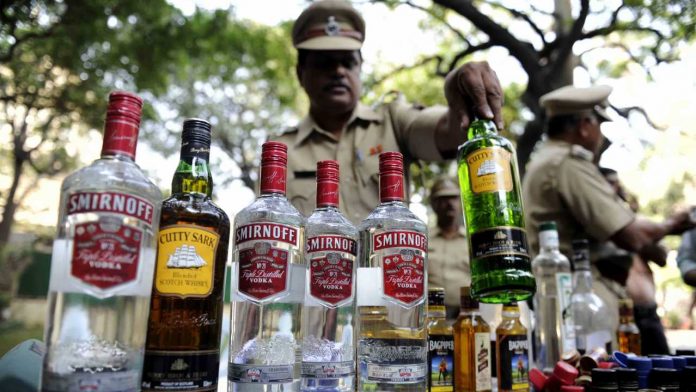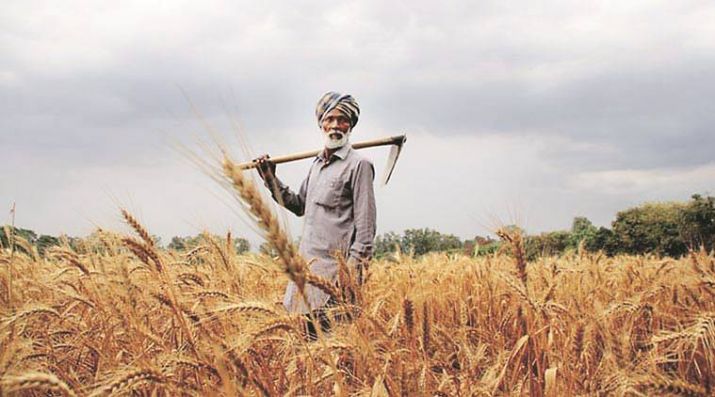There has been a big controversy recently on corruption allegations relating to the new liquor/excise policy of the AAP government in Delhi. Leaving aside corruption issues for the time being, here we look only at the policy issues to examine why the liquor policy of the AAP government announced last year in 2021 was fundamentally wrong. It is important to review this policy both from the point of view of corrective actions needed in Delhi and also from the point of view of ensuring that such mistakes are not repeated elsewhere, particularly in Punjab where the AAP has become the ruling party only recently.
Perhaps the most objectionable part of the Delhi government’s new excise policy 2021-22 was that it sought to increase the number of liquor vends in a very big way at one go, from around 630 to about 850. To suddenly increase the number of liquor vends in such a big way suddenly by adding as many as 220 new vends was clearly wrong. The fact that the number did not actually increase to such a large extent due to a number of factors including opposition by people and leading opposition parties, including the Congress and the BJP as well as smaller groups, is another matter. We are looking here at the original policy, at the intentions and aims of the AAP government, which was to saturate the capital of India with a record number of liquor vend by adding as many as 220 at one go.
AAP claims to have been to come from people’s movements, and so it should have been aware that there have been hundreds of movements all over the country by people, led by women, against the opening of new liquor vends. Several such movements have also taken place in Delhi and just across its border in other states, particularly Haryana. I have personally been involved with some such movements and have reported extensively on them. Hence I can testify to the very strong feelings of people, particularly women, who were agitated at liquor coming so close to their homes. When I visited one such protest to talk to several participants, one elderly woman, taking me to be an official, held me tightly by my kurta and declared—I won’t let go of you till you declare this vend closed.
Their opposition is supported by several policy documents at world level which state that the role of policy should NOT be to improve the ease and proximity of liquor availability, but instead the role of policy should be to make this access LESS convenient and proximate for people. This policy advice is based on the many sided adverse impacts of alcohol consumption. It is involved in 3 million ( 30 lakh) deaths a year in world, and related to as many as 200 types of diseases and injuries. Alcohol has been linked in significant ways to accidents, violence and crimes, particularly domestic violence and all violence against women. According to various studies, about 50% of the perpetrators of sexual violence have been found to be under the influence of liquor. In poorer sections of society, millions of families face economic ruin due to liquor addiction of one or more members of family.
Keeping in view these and other factors, it is an entirely legitimate concern on the part of the more socially alert people to oppose the opening of new vends, particularly when as many as 220 new vends are to be opened suddenly in a single city. Amazingly, however, the AAP government presented this as a ‘reform’ and received big support initially from important sections of the media as well as for this ‘reform’! In fact the AAP regime even sought to justify its new policy in terms of equal distribution of vends!!
Now in the case of welfare and development needs like hospitals and schools and parks it makes sense to speak of equal distribution as the poorer areas actually need to get an equal share of these. However to speak of equal distribution of liquor vends by opening more in poorer areas is ridiculous, it makes no sense at all. Imagine an AAP politician telling his supporters—Oh so sorry to know you don’t have a liquor vend in your muhalla or locality. Don’t worry. It will be our big priority to give you one very soon!
In fact a lot of controversy has been over opening of new vends in unauthorized colonies where poorer sections of society live in much larger numbers and hurriedly opening a large number of new vends here would have been ruinous. As it was gradually realized in the course of various protests, several sites for these vends also violated norms such as those relating to avoiding proximity to schools/ educational institutions and religious places.
Another so-called reform of AAP has been to give the vends almost entirely to private dealers, doing away with government shops, despite knowing well that it is much more difficult to prevent violation of rules by private dealers and they have a much higher tendency to oversell liquor to maximize their profits.
One wonders what Anna Hazare, who is regarded as a mentor for many leaders of AAP, feels about these and several other provisions of the AAP government’s liquor policy of 2021-22 as he has been keen to be seen as a crusader again alcohol and alcoholism.
Bharat Dogra is Honorary Convener, Campaign to Save Earth Now. His recent books include Planet in Peril, Protecting Earth for Children and A Day in 2071. His booklets against alcohol and alcoholism in Hindi and English have been widely distributed.














